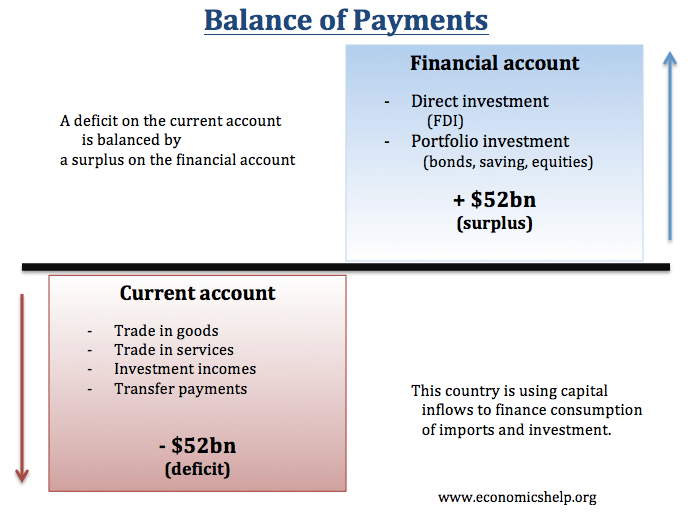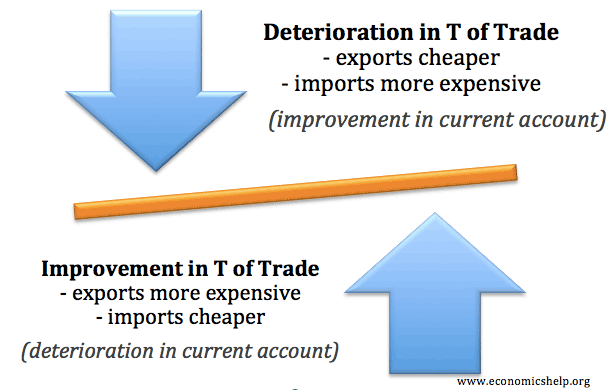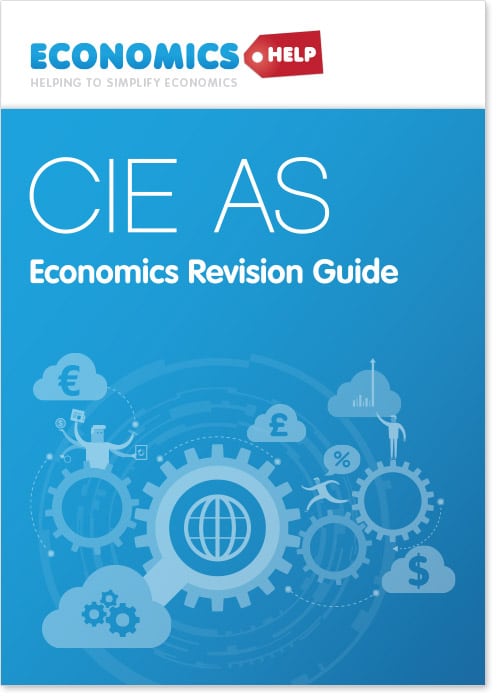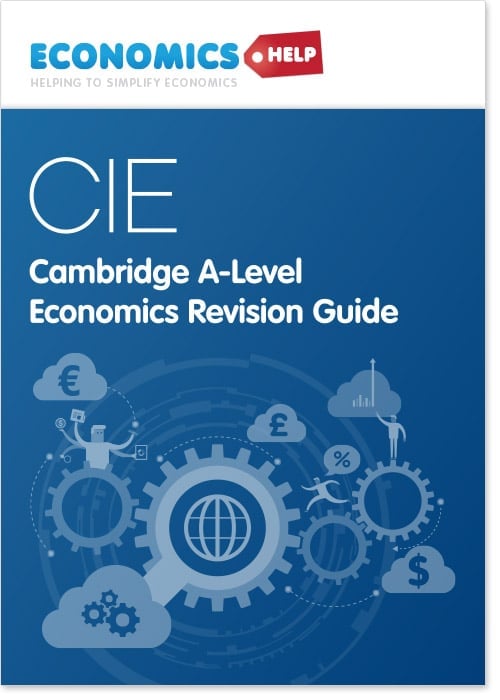Economic Booms
Definition of an economic boom A boom is a period of rapid economic expansion resulting in higher GDP, lower unemployment, a higher inflation rate and rising asset prices. Booms usually suggest the economy is overheating creating a positive output gap and inflationary pressures. A boom suggests the economy is growing at a faster rate than …




